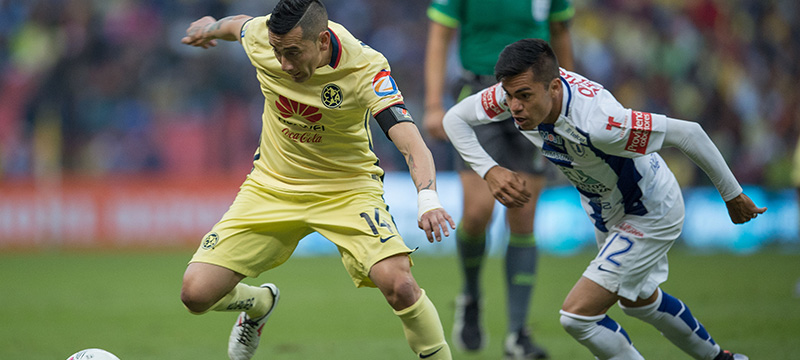
Introduction
In the vast and diverse world of feline companions, there exists a special group of cats that have captured the hearts of animal lovers worldwide – Down Syndrome Cats. These unique and endearing felines, often born with distinctive physical and behavioral traits, remind us that diversity should be celebrated. In this article, we’ll explore the world of Down Syndrome Cats, shedding light on their characteristics, challenges, and the love they bring to their human companions.

Understanding Down Syndrome in Cats
Just as in humans, Down syndrome in cats is a genetic condition characterized by the presence of an extra chromosome. In most cases, cats have 19 pairs of chromosomes, but those with Down syndrome have an extra copy of chromosome 21. This genetic anomaly results in various physical and behavioral differences, making them stand out in the feline world.
Physical Characteristics
Down Syndrome Cats often exhibit distinct physical features:
- Distinct Facial Features: These cats may have a rounder face, with slightly flattened noses and upward-slanting eyes, giving them an appearance that some describe as “smiling.”
- Dental Abnormalities: Dental issues are common, including smaller teeth or dental crowding.
- Developmental Delays: Some Down Syndrome Cats may experience developmental delays, leading to smaller body size or delays in reaching developmental milestones.

Behavioral Traits
- Affectionate Nature: Many owners of Down Syndrome Cats report that their pets are exceptionally affectionate, forming strong bonds with their human companions.
- Playfulness: Despite their physical differences, these cats often display an enthusiastic and playful demeanor.
- Social Interaction: Down Syndrome Cats tend to enjoy social interaction and may seek out cuddles and attention more than other cats.
Challenges and Care
While Down Syndrome Cats can lead happy lives, they may require some special care:
- Health Monitoring: Regular veterinary check-ups are crucial to monitor their overall health and address any specific needs.
- Dental Care: Due to dental issues, dental care is essential, including regular cleanings and potential tooth extractions.
- Emotional Support: Providing a loving and nurturing environment is essential for these cats to thrive.

The Power of Acceptance
Owning a Down Syndrome Cat can be a uniquely rewarding experience. They teach us important lessons about acceptance, diversity, and the capacity for love. Just like any other cat, they bring joy and companionship to their owners.
Conclusion
Down Syndrome Cats may have distinct physical and behavioral traits, but they are no less deserving of love and care. In fact, their uniqueness often makes them even more endearing to those fortunate enough to share their lives. As we celebrate the individuality of each cat, including those with Down syndrome, we are reminded that diversity should be cherished and embraced, not just in the animal kingdom but in our own lives as well.





